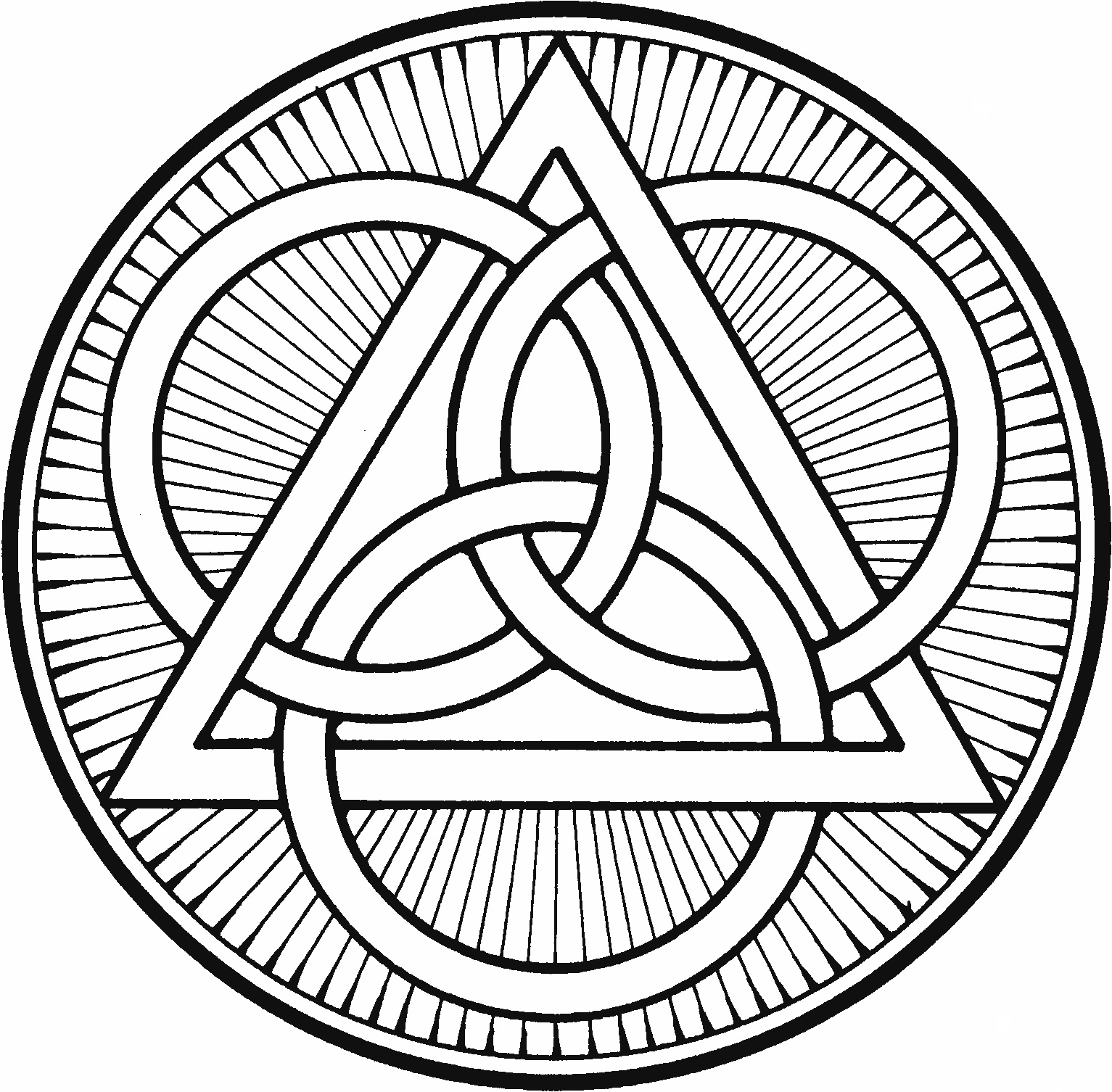Tag: John 3:1-17
-

The Holy Trinity
Readings: Isaiah 6:1-7 | Romans 11:33-36 | John 3:1-17 Text: John 3:1-17 Every discipline that is undertaken by people has a technical language, a kind of jargon that is foreign to those outside the trade. ~ Electricians have code manuals that they have to be conversant in.~ Lawyers need to know technical terms, precedents, and…
-
The Holy Trinity
Readings: Isaiah 6:1-7 | Romans 11:33-36 | John 3:1-17 Text: John 3:1-17 You may think that faith is just a mental activity. It all happens in the mind, which assents to the proposition that there is a God, that this God is so favorably disposed toward us that He decided to send His Son into…
-
The Feast of the Holy Trinity
Readings: Isaiah 6:1–8 | Acts 2:14a, 22–36 | John 3:1-17 Text: John 3:1-17 On this celebration of the Holy Trinity, we encounter a great mystery of the Christian faith—the nature of God. Many men have sought and still seek to know God, to be part of something greater than themselves and to connect with the…
-
Second Sunday in Lent (John 3:1-17)
This Lent, we have the privilege to walk through several stories in the Gospel of John, which demonstrate to us the power of God for salvation to all who believe. We’ll stop in John 3 today, where we meet Nicodemus who learns the grace of the Kingdom of God. Next Sunday, we’ll hear about how…
-
Second Sunday in Lent (John 3:1-17)
Bethlehem Lutheran Church, Lebanon, OR Second Sunday in Lent + March 12, 2017 Text: John 3:1-17 “For God so loved the world.,.,” (you know it, finish it!) This passage contains one of the most beloved verses in the Bible, the Gospel in a nutshell. Let’s go deeper, though. Hearing these words of Jesus in context…